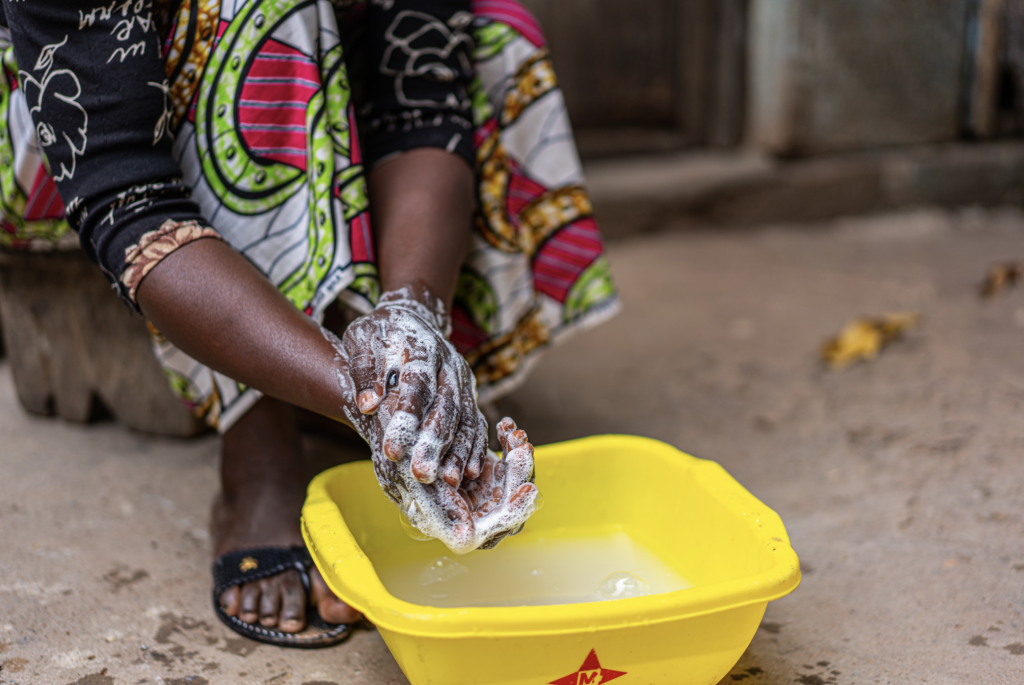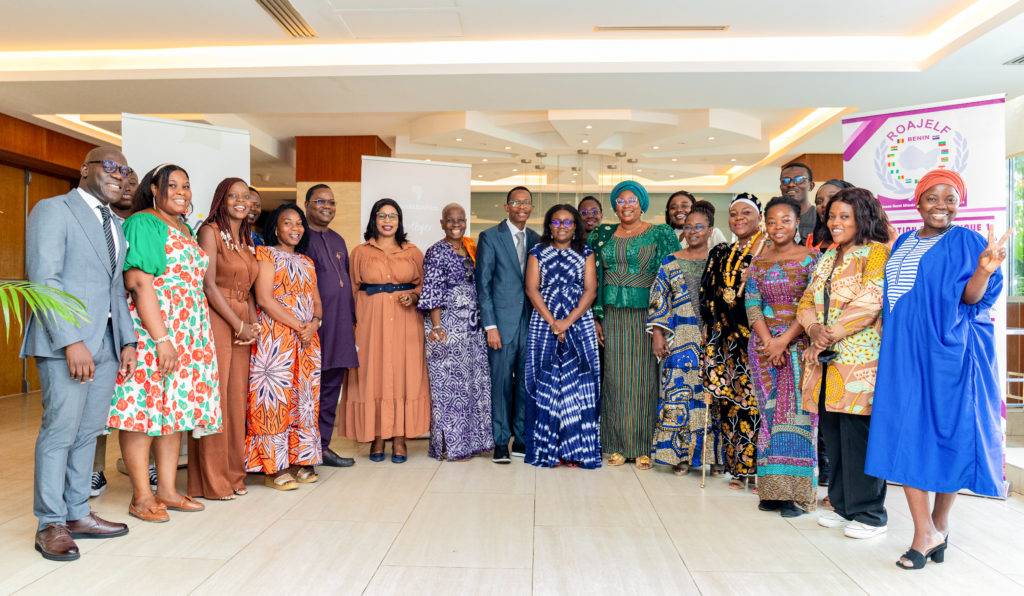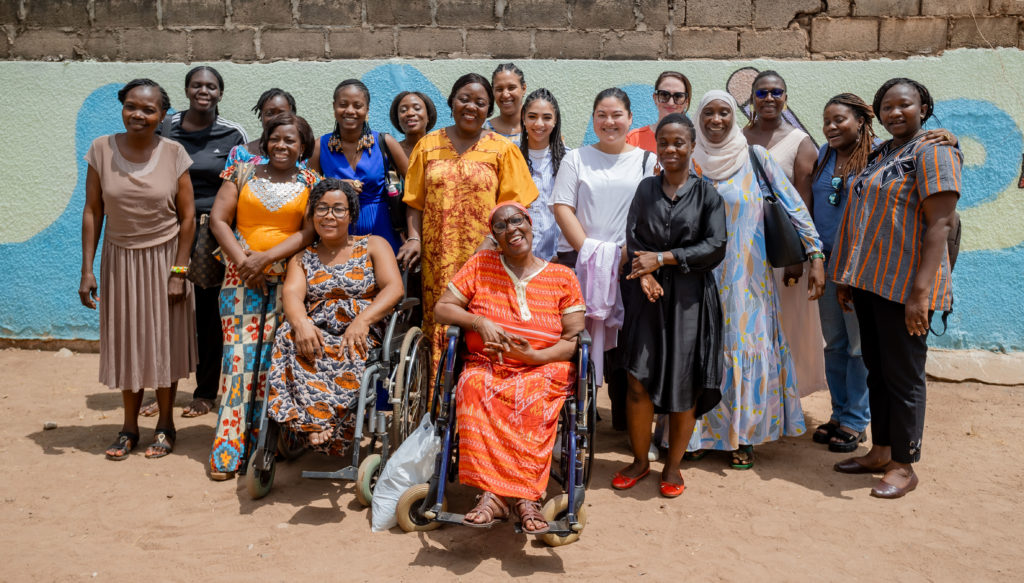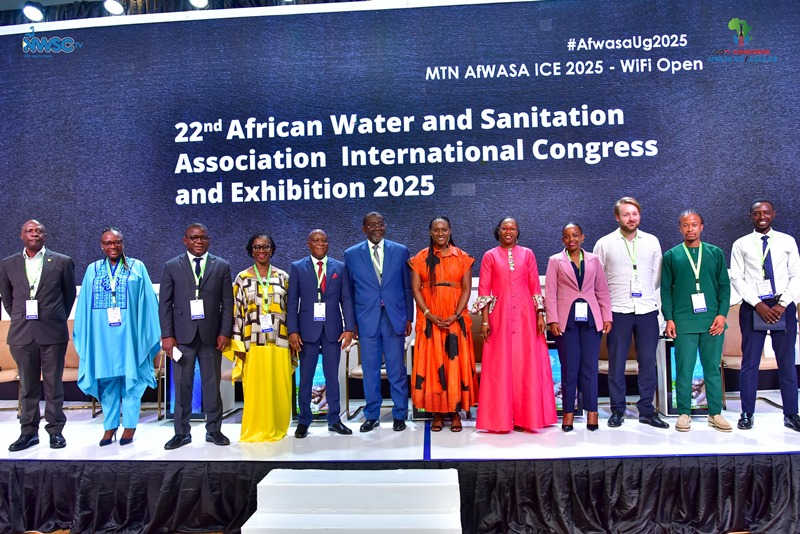Global Handwashing Day 2019: The power of clean water and soap

Today marks Global Handwashing Day, an important advocacy day dedicated to increasing awareness of the importance of handwashing with soap. The theme this year is a powerful message: “Clean Hands for All”. When it comes to sanitation, we believe that no one should be left behind, and something as ‘simple’ as lacking handwashing facilities can put people at a higher risk for diseases that impact health, education and economic outcomes.
It is estimated that inadequate hand hygiene results in nearly 300,000 deaths annually, with the majority of deaths being children under the age of 5[1]. Globally, diarrhoea and acute respiratory infections are responsible for 35 and 32% of child deaths respectively[2], a number that could be greatly reduced just through handwashing. It has been recognised time and time again that handwashing with soap is an effective and affordable way to prevent diseases and save lives. Despite this, 35% of healthcare facilities in low- and middle-income countries have no water and soap for handwashing and only 21%[3] of schools in developing countries have handwashing facilities.
Handwashing is a key tenet of our sanitation campaigning, and also plays a pivotal role in the elimination of neglected tropical diseases (NTDs). For example, soil-transmitted helminthiasis (STH), caused by intestinal parasites, and schistosomiasis, caused by parasites in water, affect millions across the world, and are closely linked to sanitation and hygiene. Handwashing with soap after defecation and before eating has been proven to reduce the risk of infection for all three STH species by over 30%.[4] It is clear that handwashing is a strong foundation for the continued improvement of health services and development.
One key step to ensuring that handwashing becomes standard practice is advocating for wider behavioural change. From a young age, many of us are taught the importance of washing hands, to the point that we do it without thinking. This needs to be happening in all communities across Africa. Changing behaviour is complex, however by using approaches tailored for specific communities it is possible. For example, by interacting with key figures who are respected within their communities, and engaging them in education campaigns, we can help spread the message that handwashing is beneficial, and that clean hands save lives.
On this day, Speak Up Africa calls upon all partners and stakeholders to promote the development of improved sanitary facilities across Africa and the need to educate people on the benefits of handwashing. No one should have to live without access to adequate sanitary facilities, and it is time we step up. Right now, the power for change in is our hands.
Yacine
Djibo, Founder and Executive Director of Speak Up Africa
[1] Burden of disease from inadequate water, sanitation and hygiene in low- and middle-income settings: a retrospective analysis of data from 145 countries – https://www.ncbi.nlm.nih.gov/pmc/articles/PMC4255749/
[2] Effect of hand hygiene on infectious disease risk in the community setting: a meta-analysis – https://ajph.aphapublications.org/doi/10.2105/AJPH.2007.124610
[3] WHO, Water, sanitation and hygiene in health care facilities: Status in low- and middle-income countries and way forward – https://www.who.int/water_sanitation_health/publications/wash-health-care-facilities/en/
[4] https://unitingtocombatntds.org/news/clean-hands-improving-health-and-fighting-neglected-tropical-diseases/


